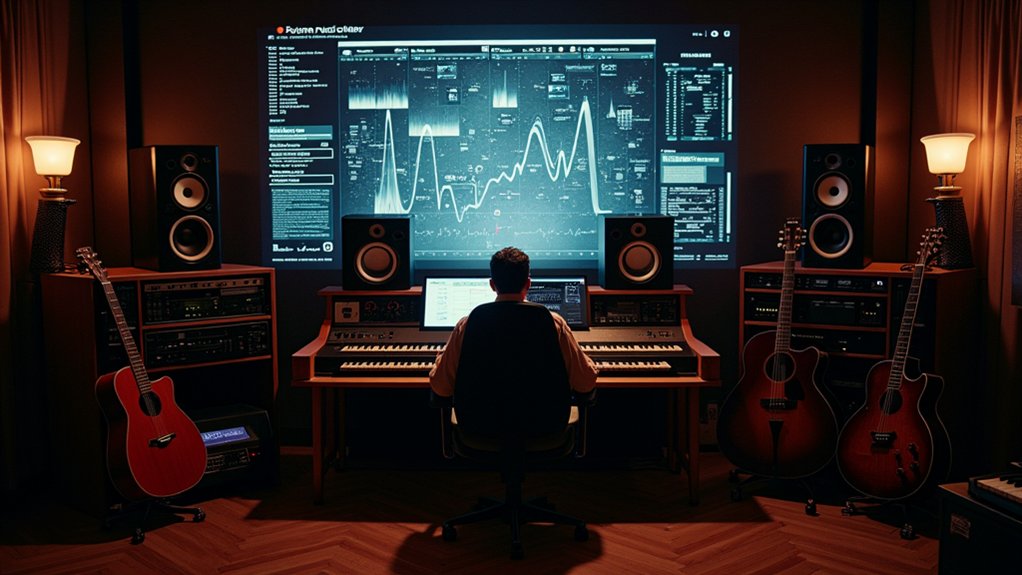As the music industry’s largest trade show opened its doors last week in Anaheim, California, NAMM 2025 quickly became the epicenter of heated debates surrounding artificial intelligence’s expanding role in music creation.
Industry legends Rosanne Cash and Jackson Browne joined panels discussing the blurred lines between human creativity and AI-generated content, with conversations extending far beyond traditional instrument showcases that typically dominate the event.
The controversy centered on how deeply AI has penetrated digital audio workstations (DAWs) and music production tools, with most major software companies now featuring AI components for everything from mastering to complete track generation.
Music AI, one of the companies at the forefront of ethical AI development, showcased their latest stem separation technology while emphasizing collaborative approaches rather than replacement of human musicians.
Session players and composers expressed particular concern about job security as AI demonstrations throughout the convention floor revealed increasingly sophisticated capabilities.
“When an algorithm can generate a convincing string arrangement in seconds, what happens to the arranger who’s spent decades perfecting their craft?” asked one attendee during a packed Q&A session on January 17.
The global accessibility of these tools presents significant regulatory challenges, as multiple conference speakers noted.
With AI music creation software available worldwide, implementing consistent ethical guidelines remains problematic, especially regarding proper attribution and disclosure of AI-generated content to listeners.
Conversations at NAMM 2025 reflected similar discussions happening at other industry gatherings like SXSW and Music Biz, indicating a music landscape in profound alteration.
Native Instruments demonstrated their collaborations with several brands to integrate AI-enhanced content across platforms, suggesting these tools will only become more prevalent.
The Musicians Union representatives at the convention urged companies to ensure that artists’ intellectual property is respected by obtaining clear consent for training AI models on musicians’ work.
Many artists voiced concerns about the undervaluation of skilled musicians as AI-generated music continues to saturate an already competitive marketplace.
Several artists expressed interest in exploring sync deals as an alternative revenue stream less vulnerable to AI disruption than traditional performance and recording income.
Independent artists at the convention sought guidance on balancing artistic development with business strategies in an increasingly AI-dominated industry.
Despite the controversy, many industry professionals acknowledged AI’s potential for democratizing music creation while emphasizing the irreplaceable human elements of emotional connection and artistic intent.
As one panelist noted, “The question isn’t whether AI will change music—it already has. The question is how we preserve what makes music fundamentally human while embracing these new capabilities.”




